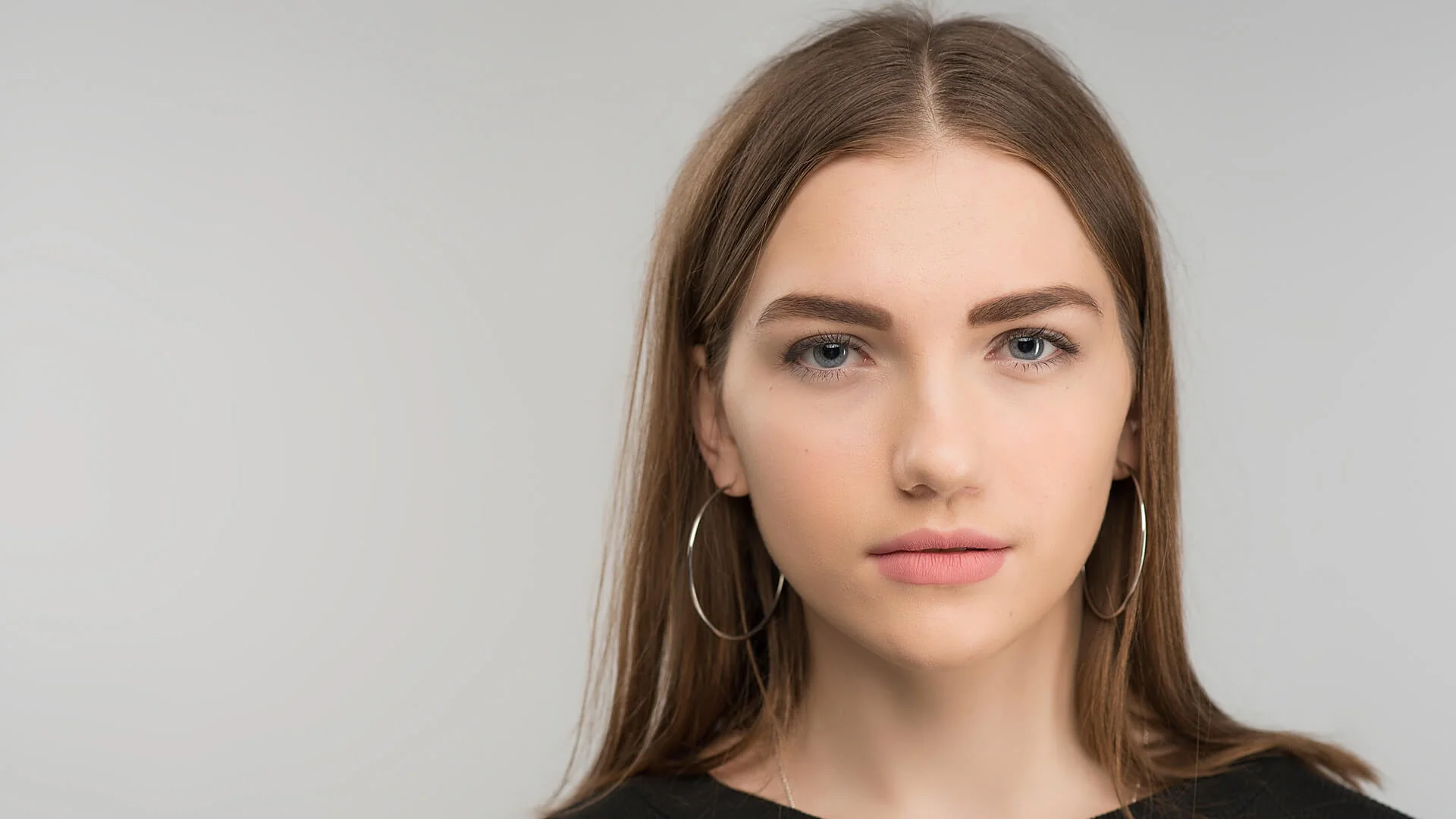
Are you or a loved one addicted to atropine? If so, then it’s important that treatment in an addiction rehabilitation center is administered as soon as possible.
Below you can find out more about atropine addiction, what the signs and symptoms are as well as how it can be treated.
What is Atropine?
Atropine is a natural and poisonous drug which is manufactured from the belladona plant.
Commonly found in the form of a white tablet, atropine can also be found as eye drops as well as an ointment.
Excessive use of the drug usually causes increased heart rate, however it is also known to have caused paralysis, hallucination and excitement and the effects that atropine produces usually lasts for 2-3 hours.
Atropine also has medical purpose and is used in various eye surgeries and as well as an antidote for opium. It can also serve as an analgesic drug and in the treatment of asthma.
Signs and Symptoms of Atropine Addiction
There are various things to look out for when determining whether you or a loved one suffers from an atropine addiction.
The effects of the drug are distinguished by the amount of it being abused. For instance, addicts who abuse smaller amounts of atropine will suffer symptoms such as thirst, dilated pupils, increased heart rate, blurred vision and dry skin.
Addicts who use excessive use of atropine may experience all of the above symptoms as well as migraines, restlessness, swallowing problems, disillusionment and over-excitement.
Fatality due to excessive atropine use is rare; however using the drug with other stimualting narcotics such as ecstasy can be life threatening.
Atropine Addiction Treatment
If you or a loved one is addicted to atropine, then its important to get professional help.
The best way to help comes in the form of inpatient treatment, which involves a residential stay at rehabilitation centre.
In rehab, a supervised medical detoxification will be done to remove all the withdrawal symptoms associated with the cessation of use.
Counselling and therapy methods such as individual counselling, group therapy and cognitive behavioural therapy will all be done to educate the individual about their addiction and how the drug can be avoided in the future.
Once inpatient treatment has been completed, secondary treatment is available, which comes in the form of halfway houses or daily outpatient meetings, which serves as a continuation of what was taught in the rehab clinic, just in further detail.
Once that has been completed, tertiary care is also available, which helps in keeping the patient disciplined and helping recovering addicts safely integrate back into normal life.
If you need help in finding a suitable rehab for you or a loved one, we offer access to the best private addiction treatment centres in South Africa, the United Kingdom and Thailand. Call us now and let one of our qualified addiction counsellors assist you.